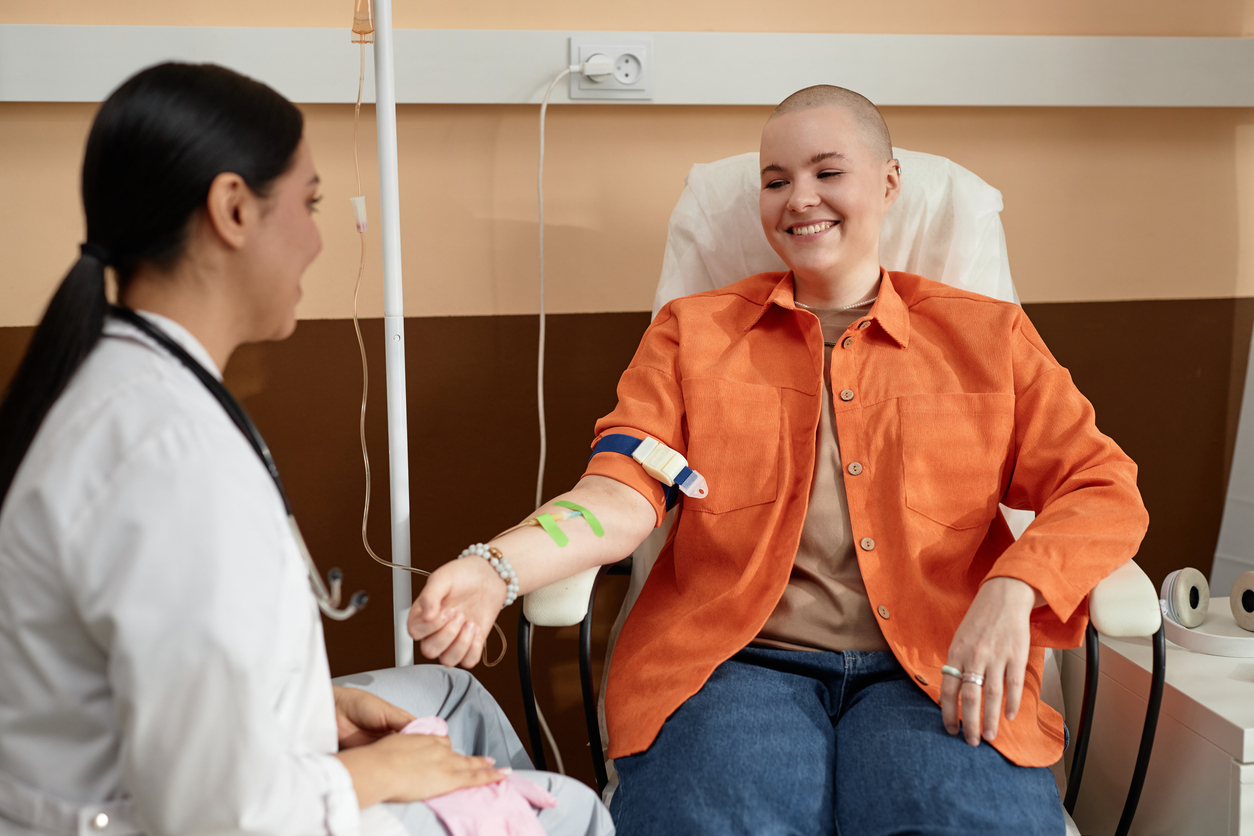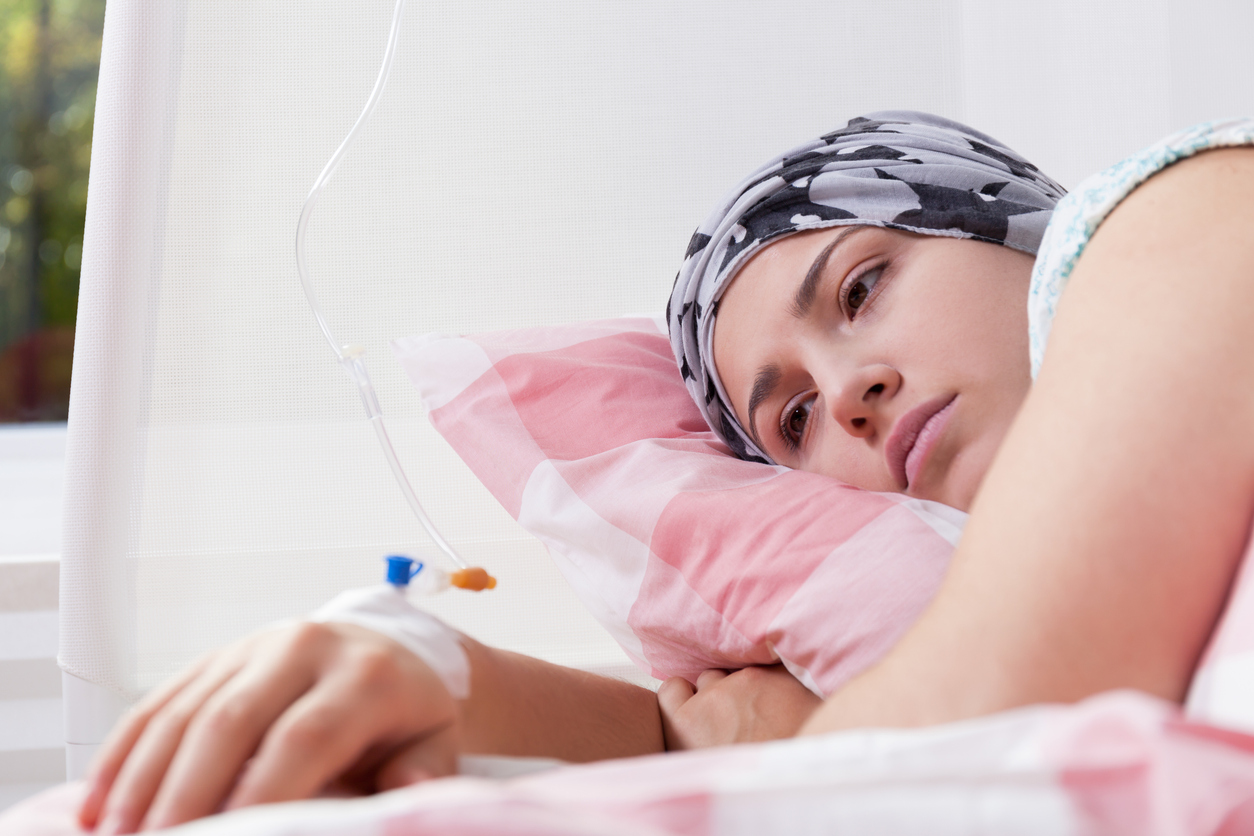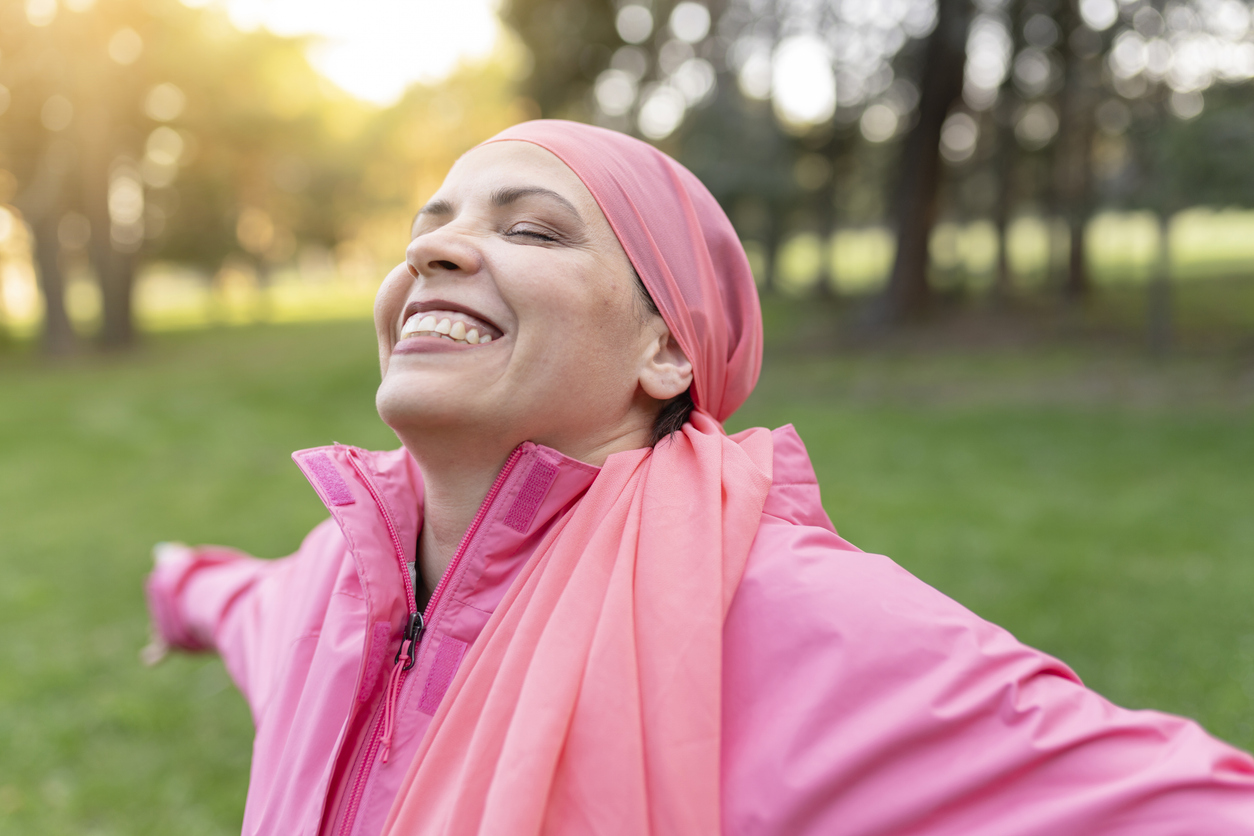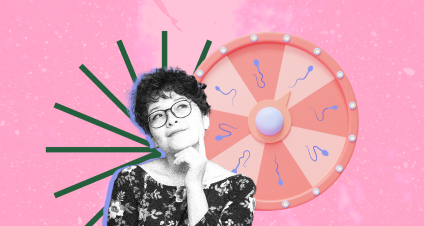Chemotherapy (“chemo”) saves lives, but it also raises tough questions for anyone wanting to start or grow a family. Since chemo works by attacking fast-growing cells — mostly cancer cells — it can also affect healthy cells, like eggs in the ovaries or sperm in the testes. That’s why many people worry about fertility when doctors mention chemo.
Having a handle on the possible risks, how to protect fertility, and what recovery might look like can make a huge difference when making decisions.

What exactly is chemotherapy, and how does it impact fertility?
Chemo uses powerful drugs that travel through the bloodstream, targeting and destroying cells that divide quickly (a hallmark of cancer). Because these drugs can’t always tell cancer cells apart from other fast-dividing cells, they sometimes damage eggs in the ovaries or sperm in the testes. This can lead to temporary or even long-term infertility.
According to the National Cancer Institute, the degree of fertility impact depends on things like:
- The specific chemo drugs (and combinations) used
- The treatment schedule and dosage
- Age and overall health before treatment
In other words, everyone’s body is different, and other treatments (like radiation) may also affect fertility. This is why it’s so important to get personalized medical advice rather than relying on one-size-fits-all info.
How likely is infertility after chemo?
Chemo can have an effect on your fertility, but it’s not a guarantee. Some people experience only a short-term effect on their fertility, while others might face longer-term or permanent changes. But there are a few factors at play here:
- Age: People in their mid-to-late 30s or 40s tend to have fewer remaining eggs, making them more vulnerable to the impact of chemotherapy. A younger body might recover ovarian function more easily after treatment.
- Type of drugs: Some chemotherapy drugs are known to be tougher on fertility. Alkylating agents (like cyclophosphamide) often pose a higher risk.
- Your individual biology: Genetics, hormone levels, and general health all play a part in how your ovaries respond.
Research suggests that about one in three women under 35 who get certain chemo treatments may still be fertile afterward — but these numbers can vary a lot. The best way to figure out your individual risk is to chat directly with your oncologist.
Is it hard to get pregnant after chemo?
Plenty of people find their fertility comes back not too long after treatment. Others have a tougher time or might experience early menopause, which can permanently affect natural conception. While the idea of permanent infertility can be scary, remember that everyone’s timeline is different.
With temporary infertility, chemo puts the ovaries into a “resting” phase. After some time, they may resume normal function, and pregnancy is possible.
Permanent infertility, on the other hand, occurs when the ovaries no longer function. If all or most of the eggs have been damaged, it’s less likely for pregnancy to happen without assistance.
Feeling worried is totally understandable. On top of everything else that comes with a cancer diagnosis, fertility issues can add extra stress. Therapists, support groups, and fertility specialists can help you cope with this uncertainty.
If pregnancy is an option down the line, doctors often suggest waiting anywhere from six months to two years after chemo. This gives the body time to heal and ensures cancer is either in remission or under control. Always ask your medical team (both oncology and fertility experts) for the best timeline.

Does chemo affect periods?
It’s not unusual to notice changes in your period during chemo — like cycles becoming irregular, lighter, or stopping altogether (amenorrhea). Sometimes this is temporary, but other times it can signal early menopause. Factors like your overall health, age, and the type of chemo drugs all play a role. If periods do vanish or become random, it doesn’t always mean your fertility is gone for good. Menstrual cycles can bounce back a few months or even a year after treatment. Still, if you’re noticing big changes, it’s a good idea to let your healthcare team know. They can help figure out if it’s just a bump in the road or something longer-term.
Chemo’s impact on hormones can also trigger symptoms like hot flashes, night sweats, and mood swings. Certain medications or approaches might manage these side effects, but only an oncologist can say what’s right for each case.
Fertility preservation options before chemo
If parenthood is part of your plan post-chemo, there are a few ways to try protecting fertility before starting treatment, like egg freezing (oocyte cryopreservation), embryo freezing, and ovarian tissue freezing.
A fertility specialist (or oncofertility specialist) can help sort out which fertility preservation route fits best based on how much time you have, your health, and financial considerations. Not everyone can freeze eggs or embryos before chemo starts, but if time and health allow, it can be a game-changer.
What about men’s fertility and chemo?
It definitely takes two to tango, and chemo can affect male fertility as well. Some drugs can seriously knock down sperm count, quality, and motility, sometimes causing temporary or permanent infertility.
Research from the National Cancer Institute shows that sperm banking — freezing sperm before treatment — can be a solid option for men who want kids later. The emotional stress around fertility can be just as strong for men, so it’s important that they get the right support, too.

How different chemotherapy drugs can impact fertility
Not all chemotherapy regimens carry the same level of infertility risk. Some drugs are known to be more intense on reproductive organs, while others are a little gentler. Major drug classes to ask your oncologist about include:
- Alkylating agents: Known to have a higher risk of damaging ovaries.
- Plant alkaloids: Can affect fertility, but may be less harmful compared to alkylating agents.
- Antimetabolites: Impact fertility differently based on dosage and duration.
Many treatment plans mix multiple drug types, which might increase the risks. That’s why a frank talk with your oncologist about what’s being used and how it might affect your fertility is super important.
Conception after chemotherapy: timing and safety
Thinking about starting — or growing — a family after cancer treatment can be daunting, but it’s possible for many. Most doctors will recommend a waiting period to let your body recover, balance hormones, and ensure you’re cancer-free (or in remission) before trying to get pregnant.
If you used fertility preservation options like frozen eggs or embryos, you might need in vitro fertilization (IVF) or other reproductive services. IVF success rates vary, but it’s a solid alternative for those whose ovaries took a big hit from chemo.
Mental health matters
Cancer treatments are hard enough on their own, and thinking about the impact on your fertility questions can pile on even more stress. It’s normal to feel anxious, afraid, or sad about the possibility of not being able to conceive. A few ways to cope:
- Seek professional counseling: Mental health support — through one-on-one therapy or support groups — can help process the emotional toll of fertility issues.
- Lean on loved ones: Friends, partners, and family can provide comfort, practical help, and emotional support.
- Connect with cancer support communities: Online forums and in-person groups can offer shared experiences and tips, like the American Cancer Society (ACS), Cancer Support Community, Stupid Cancer (ideal for younger people with cancer), and Imerman Angels.
Fertility worries don’t usually have quick, easy answers, and that can be tough. Taking care of your mental and emotional health is key to navigating this journey.

Exploring other paths to parenthood after chemo
If chemotherapy results in permanent infertility, it doesn’t have to be the end of the dream to become a parent. Adoption, surrogacy, and foster parenting are all meaningful ways to bring children into one’s life. Each path comes with its own set of considerations:
- Adoption: Look into local and international adoption guidelines, which can vary significantly by region.
- Surrogacy: Involves a surrogate who carries a pregnancy for another person. Laws differ around the world, so researching legalities is crucial.
- Fostering: A temporary arrangement where you care for a child in need, which can sometimes lead to adoption if both the foster parent and child find it to be a good long-term fit.
- Egg donation: For those unable to use their own eggs after chemo, using donor eggs can be a beautiful option. The process involves fertilizing an egg from a donor (anonymous or known) with sperm, and then transferring the resulting embryo to your uterus. It’s a path many cancer survivors take when their own egg supply is no longer viable — but their dream of carrying a pregnancy is still very much alive.
Parenthood looks different for everyone. When chemo changes the plan, looking at all your options can open doors you might not have considered.
Keeping up with your check-ups
After chemo, regular follow-up appointments help your medical team keep an eye on overall health, watch for cancer recurrence, and see if your reproductive system is bouncing back. Hormone tests and scans can show if fertility is returning or if more steps are needed.
Some people may be offered medications to help the ovaries recover. If you had certain “fertility-sparing” treatments, make sure you’re consistent with follow-ups to get the best outcome.

Chemo doesn’t have to be the end of your TTC journey
Chemo is a big deal. However, it doesn’t automatically mean giving up on dreams of pregnancy or expanding a family. By asking the right questions, exploring fertility preservation options (if possible before treatment), and looking at every route afterward, many find a path that suits them.
Chemo may change your journey, but it doesn’t have to slam the door on parenthood. Getting informed, staying proactive, and focusing on both physical and mental health can truly make all the difference — especially when life takes unexpected turns.
Tassia O'Callaghan is an experienced content writer and strategist, having written about a vast range of topics from chemical regulations to parenting, for brands like Peanut App Ltd, Scary Mommy, Tally Workspace, and Office Christmas. She's an advocate for realistic sustainable living, supporting small businesses (author of A-Z of Marketing for Small Businesses), and equity across all walks of life. Follow her on LinkedIn or TikTok, or see more of her work on Authory or her website.









.webp)





.jpg)





